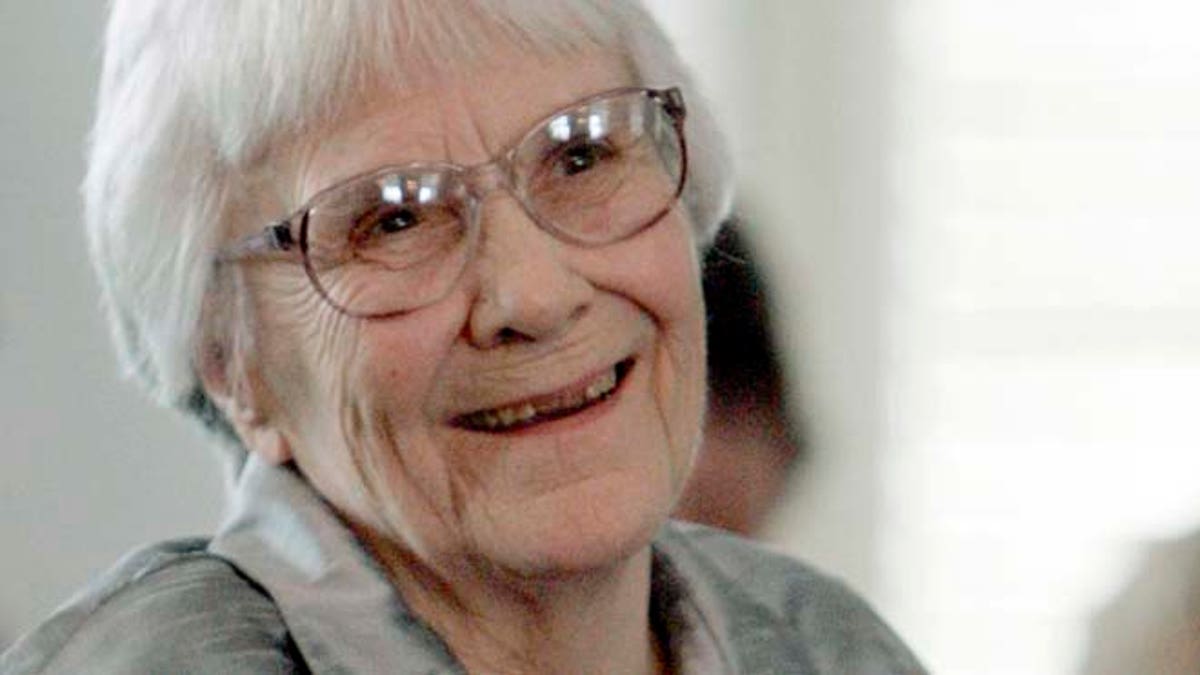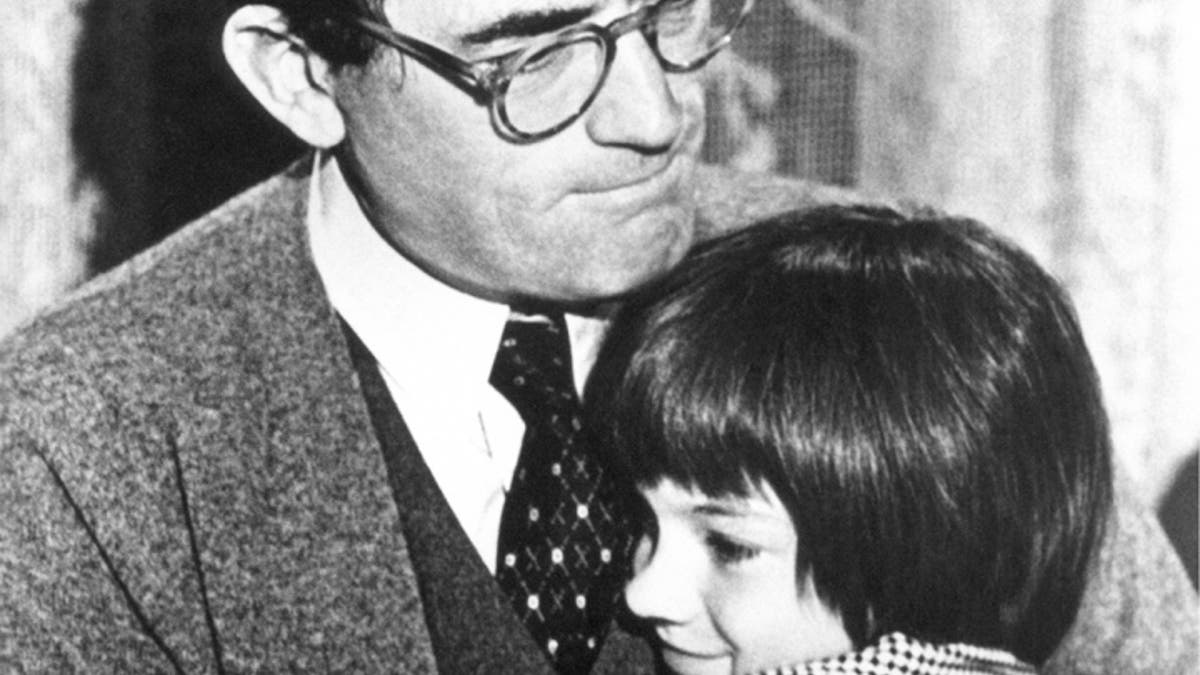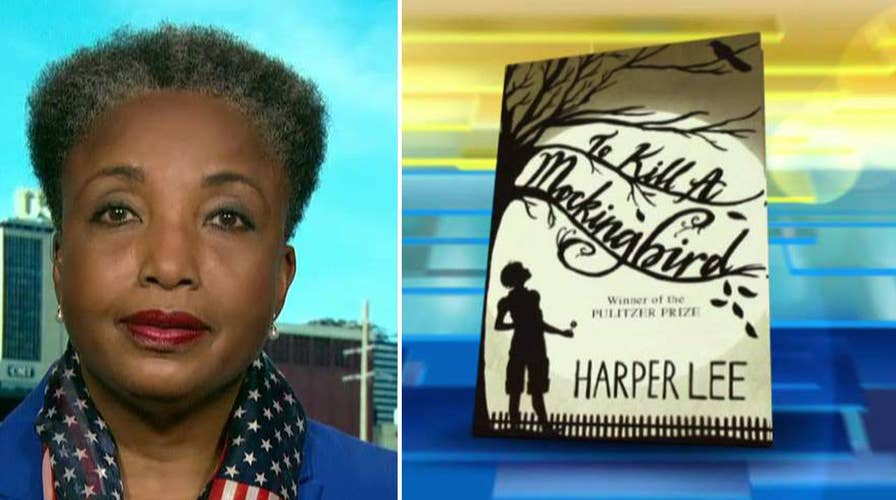Mississippi district bans 'uncomfortable' classic novel
Former Vanderbilt professor Carol Swain reacts on 'Fox & Friends' after school district pulls Harper Lee's 'To Kill a Mockingbird.'
A Mississippi school district is backpedaling after it pulled “To Kill a Mockingbird” from its curriculum earlier this month. Now it’s saying eighth-grade students will be allowed to read the classic book as long as they have permission from their parents.
The Biloxi School District administrators removed the famous novel after the district received complaints that the book’s language “makes people uncomfortable.”
The Biloxi Sun Herald reported school officials changed their mind, saying they’ll begin teaching it again in class starting Monday – as long as students return a permission slip signed by a parent.
In a letter to students and parents, Principal Scott Powel said the Pulitzer Prize-winning novel by Harper Lee is not a required read, but will “offer the opportunity for interested students to participate in an in-depth book study of the novel.”
He said the students would finish reading the book before the Christmas break.
Powel also tells parents that the students will write an argumentative essay and discuss comparisons of characters and events between the book and the 1960s film.
Students who don't want to read "To Kill A Mockingbird" will be given another assignment that keeps them on track for class and state assessments. They will have a different topic for their argumentative essay.

Harper Lee's "To Kill a Mockingbird" deals with racial inequality in a small Alabama town. (AP)
“To Kill a Mockingbird” deals with racial inequality in a small Alabama town.
Biloxi received letters as diverse as one from an 11th-grade Advanced Placement language class in Tenafly, New Jersey, that urged Biloxi to continue teaching the book and one from the Mark Twain House & Museum in Hartford, Connecticut.
The 11th-graders appealed to each Biloxi School Board member not to remove the novel.
"These derogatory and offensive words are powerful; they make people uncomfortable because they are painful to hear. However, it is critical that discrimination, offensive language and racism are discussed in the classroom," the students wrote. "We need a book like 'To Kill A Mockingbird' to illustrate the extreme prejudice that existed in our country's past and to help start a conversation about the issues that sadly still exist today."

Gregory Peck embraces Mary Badham, 9, who plays his daughter in the 1963 movie "To Kill a Mockingbird."
The Mark Twain House sent an offer of help teaching racially controversial material. That organization has expertise, resources and experience helping educators and other entities teach difficult subject matter.
"Great literature makes us uncomfortable. It changes how we think, forcing us to analyze our established points of view," the letter stated. "Guiding students through that process is, as you know, a key element of middle-school literary studies... These books should build empathy, and not be used to single out classmates."










































